Call us: 020 3322 3218
East Finchley
Monday - Friday
9:00 am to 6:00 pm
Saturday
Closed
Sunday
Closed
Balham
Monday - Friday
9:00 am to 6:00 pm
Saturday
Closed
Sunday
Closed
East Finchley
Monday - Friday
9:00 am to 6:00 pm
Saturday
Closed
Sunday
Closed
Balham
Monday - Friday
9:00 am to 6:00 pm
Saturday
Closed
Sunday
Closed
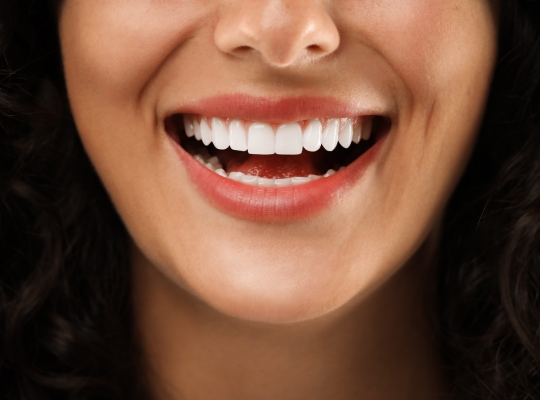
Nov 11, 2025
A confident smile makes a powerful first impression. If you’ve ever dreamed of a whiter, more symmetrical, and harmonious smile, you’ve probably heard of veneers. Today they’re one of the most popular choices in aesthetic dentistry worldwide – including here in the UK. With veneers, you can achieve your dream, Hollywood-style smile. In this article, you’ll learn what veneers are, the main types, how the process works, and how veneers differ from crowns – with insights from Dental Art Implant Clinics in East Finchley and Balham, London.
Veneers are thin, custom-made shells of porcelain or composite that are precisely bonded to the front surface of the tooth. They refine colour, shape, and proportions to create a natural-looking, balanced smile without excessive removal of tooth tissue. They’re often associated with the “Hollywood smile” because many public figures choose veneers to enhance their smile aesthetics.
Compared with crowns, veneers are minimally invasive: preparation usually involves removing only a very thin layer of enamel, preserving healthy tissue and everyday comfort.
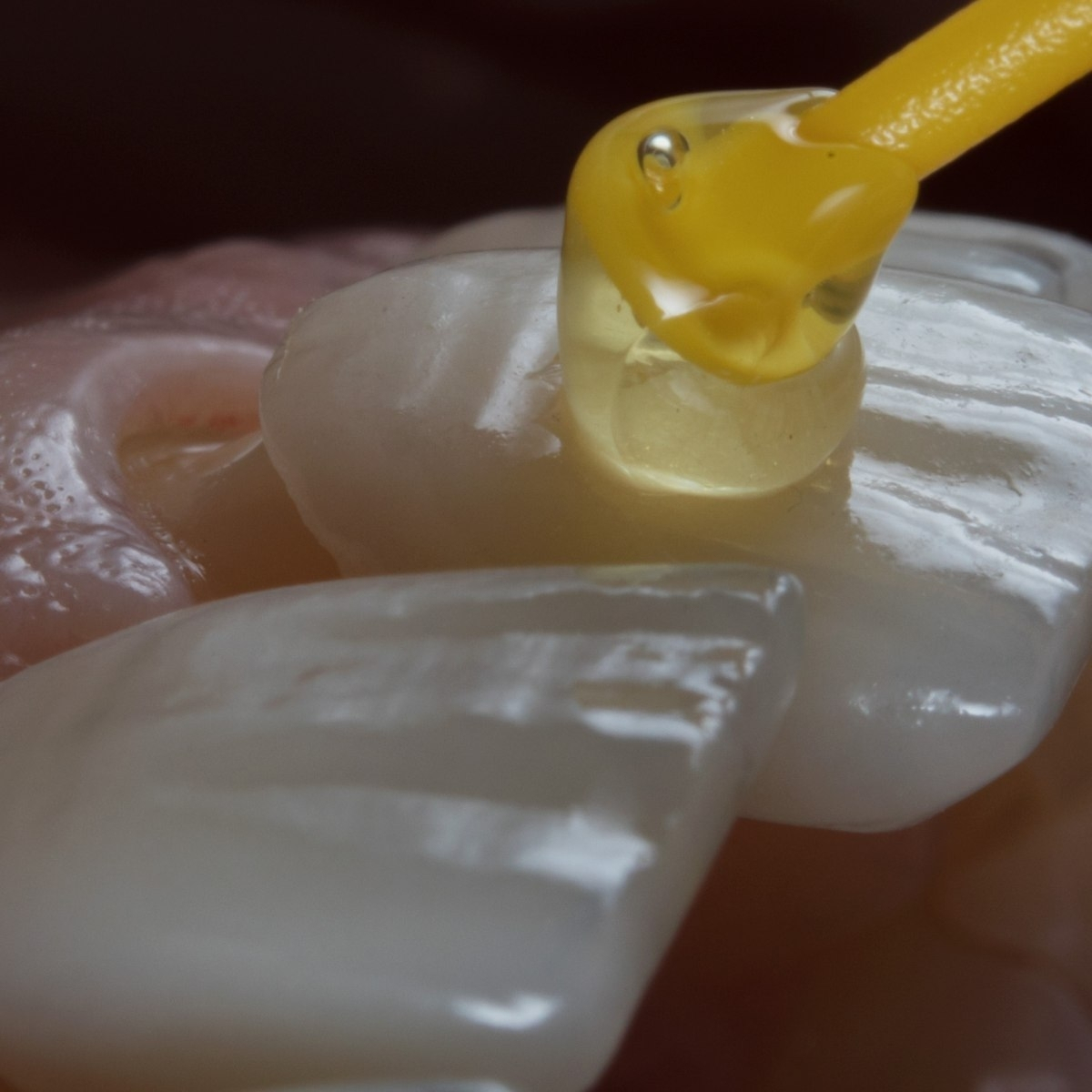
Choosing between porcelain and composite depends on your desired result, budget, and longevity. Porcelain offers lifelike light reflection and stable colour; composite can be a quicker option for subtle aesthetic refinements, often in a single visit.
Veneers are ideal for enhancing the appearance of front teeth when you want to correct colour, shape, or minor asymmetries without extensive restorative work. With careful smile design, we can harmonise lips, gums, and tooth proportions.
Our process runs through clear stages – from diagnostics and smile design to final bonding and polishing. Detailed planning delivers a predictable, aesthetic, and functional result.
Veneers offer a high-aesthetic, minimally invasive solution, but success relies on correct case selection and excellent oral hygiene.
Both options can enhance the look of a tooth, but they differ in invasiveness and indications. Veneers are primarily aesthetic when the underlying tooth is largely healthy; crowns are preferred when significant structural restoration is required (e.g., after large fractures or root canal treatment).
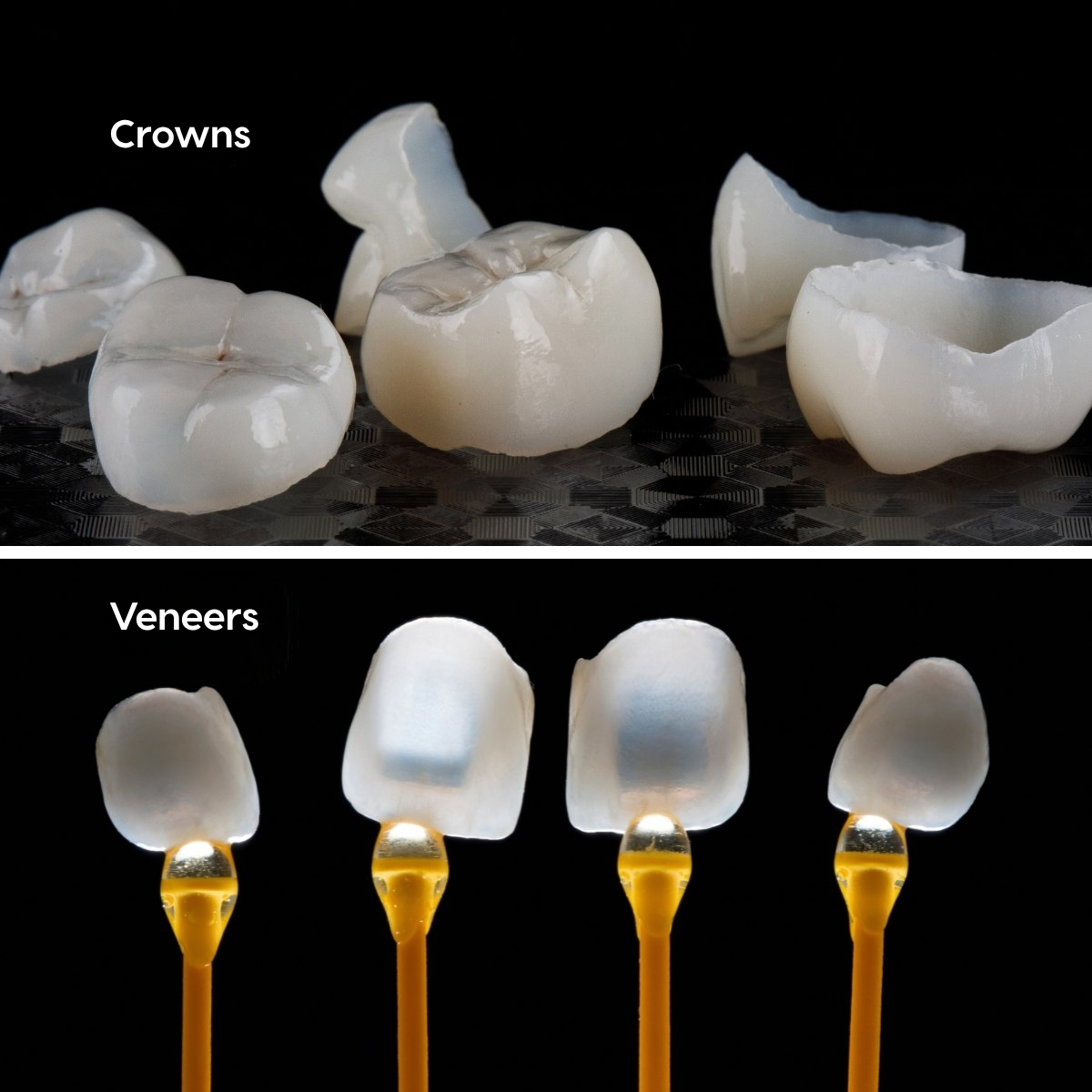
The cost depends on the number of teeth, case complexity, and chosen material. You’ll receive a tailored plan and itemised quote after a consultation at our East Finchley or Balham clinics.
For the most accurate guidance, please book a visit today.
Here are quick, clear answers to common concerns about the procedure, comfort, care, and longevity.
Many patients report a significant boost in confidence and a greater willingness to smile after veneer treatment. The aesthetic change often supports social and professional confidence too.
“The transformation is incredible. I finally feel confident smiling freely. Thank you, Dental Art.” — our patient
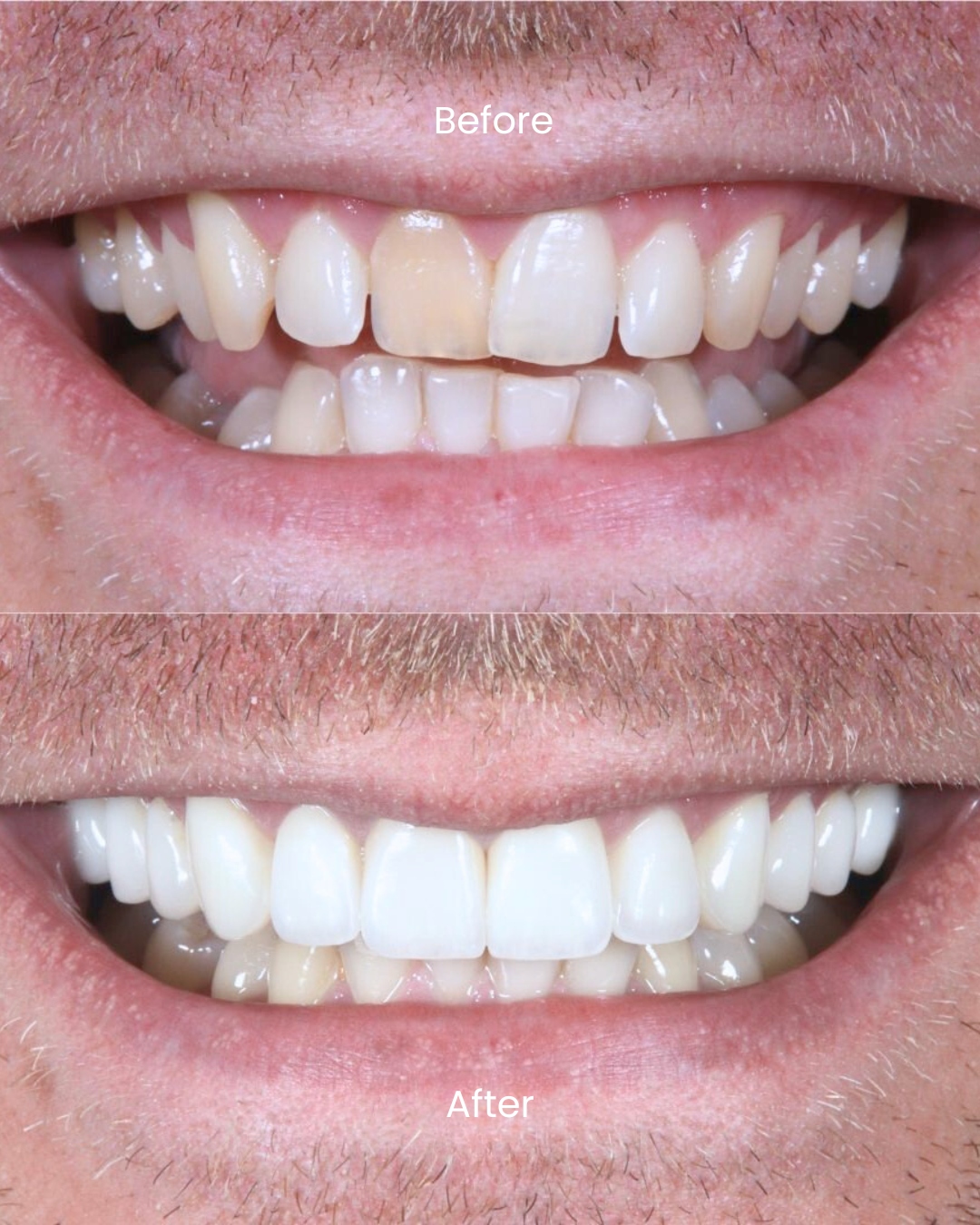
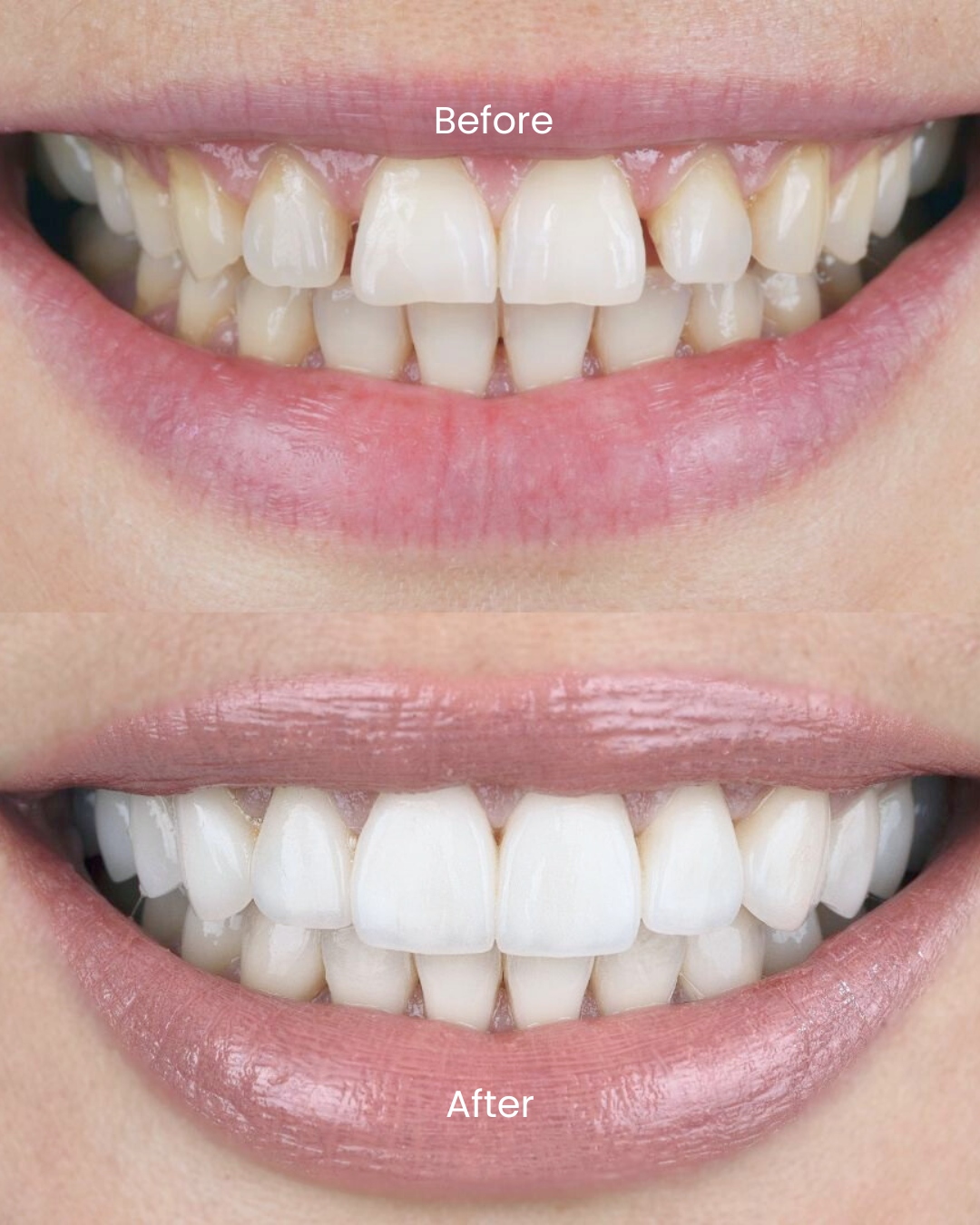
If you’d like to enhance your smile aesthetics, veneers can be an effective solution. The first step is a consultation with an experienced clinician.
Veneers can transform your smile and boost your confidence.
Quick answers on comfort, care, longevity, and everyday life with veneers.
Limited-time offer! Book a free consultation by 30 Sept & save £1,000+ on dental implants. Eat freely, smile proudly. This is a limited time offer, don't miss it!
Can you rebuild lost jaw bone? At Dental Art Implant Clinics (Balham & East Finchley), explore modern bone regeneration, implants & treatment tailored for you.
Discover the truths about dental implants most clinics don’t tell you—costs, healing, care, and more—so you can make a confident, informed choice with Dental Art Implant Clinics.
91 High Road, East Finchley,
London, N2 8AG
143-145, Balham Hill, London, SW12 9DL
© 2013 - 2025 Dental Art Implant Clinic Ltd. Registered Number: 08459947
Last updated: December 2025 / Guarantee, Website Privacy Policy, CCTV Policy